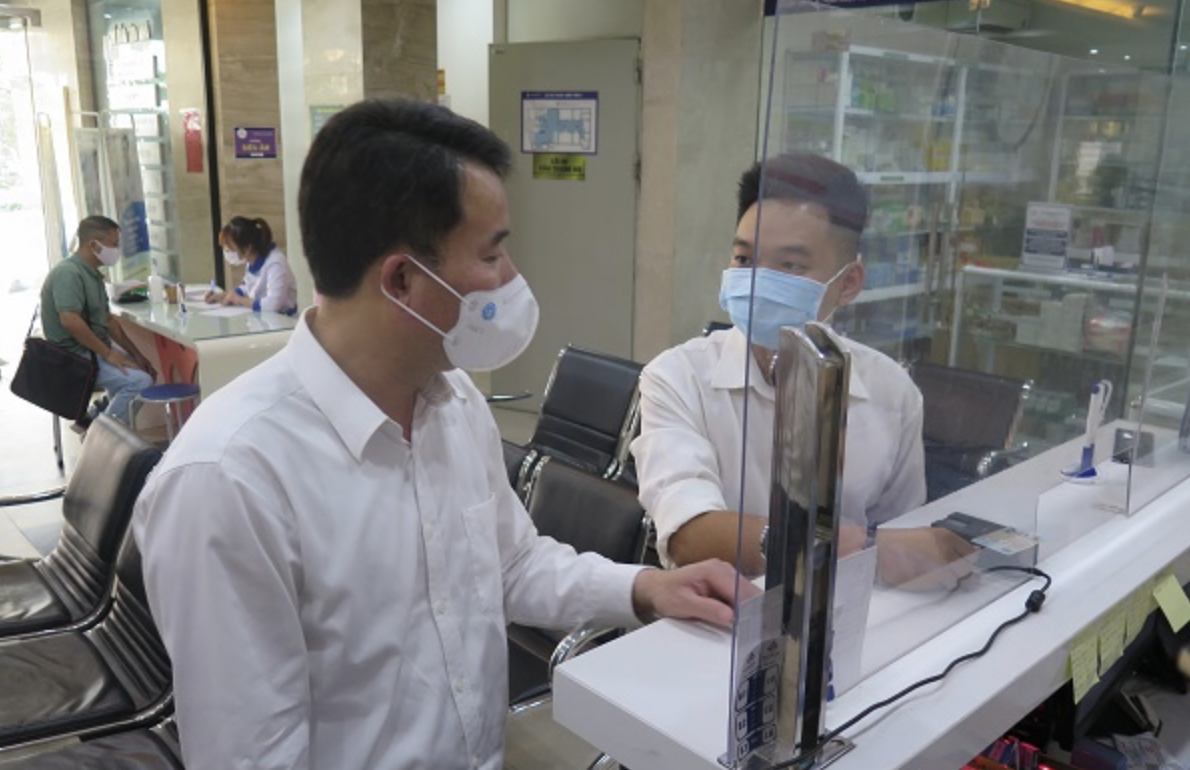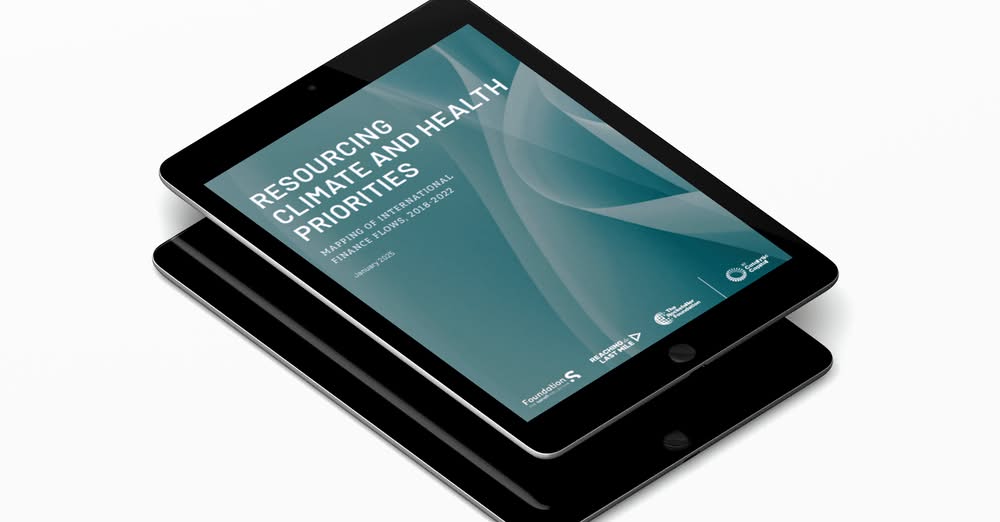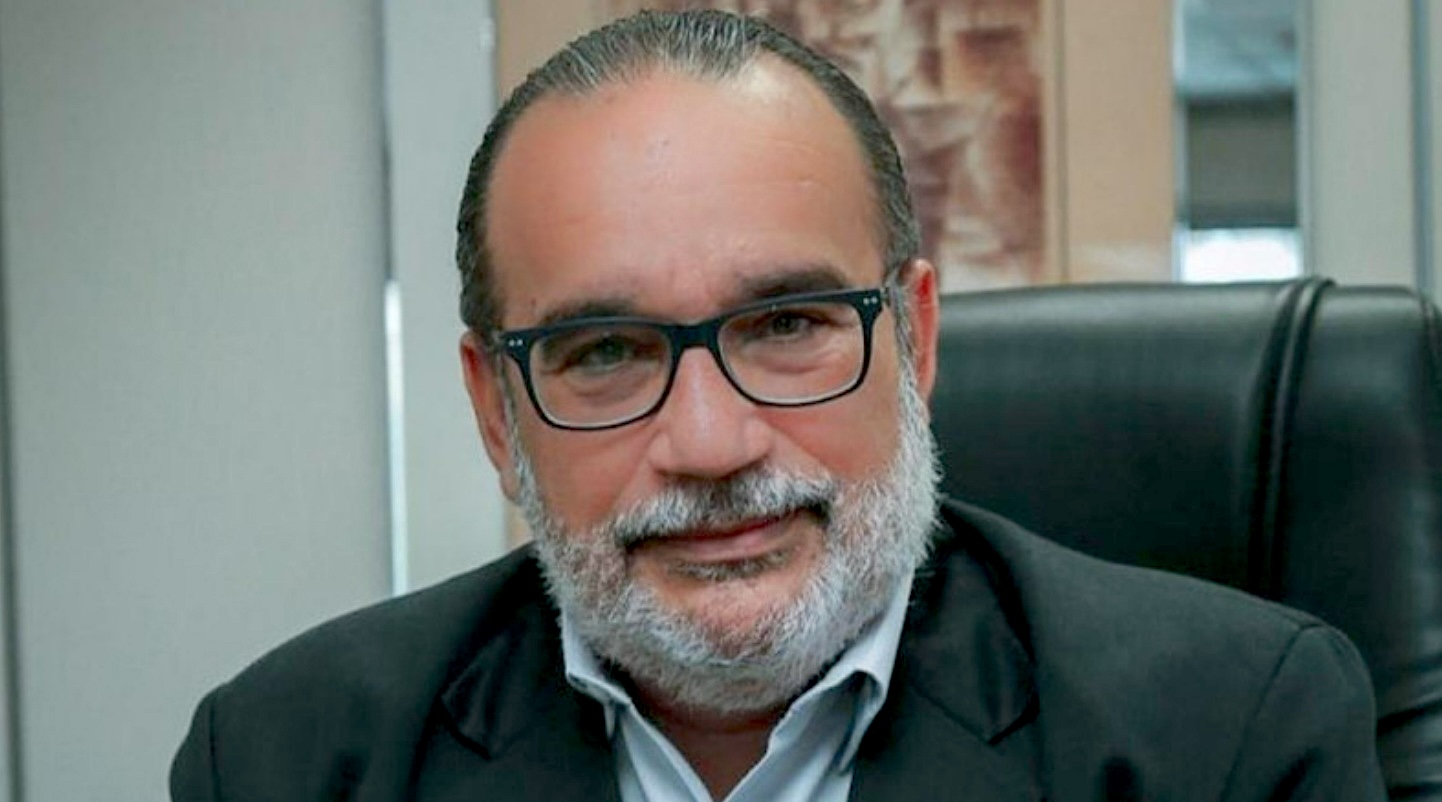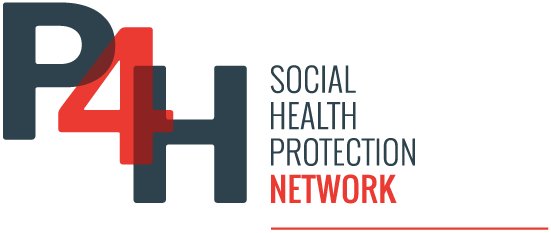What influences the impact of health financing reforms? Using qualitative comparative analysis to identify patterns in health financing systems and their effects on financial protection
The research article What influences the impact of health financing reforms? Using qualitative comparative analysis to identify patterns in health financing systems and their effects on financial protection, authored by Justine Hsu, Matthew Jowett, Anne Mills, and...
Malta: health system summary 2024
Malta has a tax-based national health system that provides nearly universal access to its citizens, with significant out-of-pocket spending accounting for 30% of total health expenditure in 2021. The country is focused on enhancing healthcare infrastructure and...
Luxembourg: health system review 2024
Luxembourg's health system, based on statutory health insurance and public financing, provides universal access and low out-of-pocket expenses, while facing challenges in workforce shortages that the government is addressing through domestic training programs and...

WHO webinar on key findings of the Global Health Expenditure Report 2024
WHO has updated the Global Health Expenditure Database (GHED) for over 190 Member States and is hosting a Webinar on February 4, 2025, to discuss the key findings of the 2024 Global Health Expenditure Report launched in December 2024. The World Health Organization...

Key Achievements of Viet Nam Social Security in 2024
In 2024, Viet Nam Social Security (VSS) made significant progress in advancing social and health insurance systems. The agency proactively advised on legislative reforms, leading to the passage of the revised Law on Social Insurance No. 41/2024/QH15 and the amended...

Resourcing climate and health priorities: A mapping of international finance flows from 2018–2022
The Rockefeller Foundation's report, Resourcing Climate and Health Priorities: A Mapping of International Finance Flows from 2018–2022, provides a critical analysis of global financing trends addressing the intersection of climate change and health. Highlighting the...
Supreme Decree No. 001-2025-TR Immediate coverage for pregnant women affiliated to the Social Security Health System.
On January 14, 2025, the Peruvian Government made official the publication of Supreme Decree Nº 001-2025-TR, eliminating the waiting period for pregnant women. Thus, it establishes that pregnant women affiliated to the EsSalud social security system have immediate...

Effective member coverage to be reached by 2025
For the year 2025, which has just begun, there are several challenges for the health system in the Dominican Republic, in order to achieve effective health coverage of the population affiliated to the Family Health Insurance. Among others, it will be necessary to...
Financial Protection Outcomes in Four East Asian Countries During COVID-19: Cambodia, Vietnam, Thailand and Indonesia
This paper analyzes the effects of the COVID-19 pandemic on Universal Health Coverage (UHC) and financial protection in four East Asia and Pacific (EAP) countries: Indonesia, Cambodia, Vietnam, and Thailand. It highlights a general improvement in service coverage in...
Building blocks for lifelong health: Why we must prioritize children
UNICEF’s report, The Urgent Need to Invest in Children’s Health: NCDs and Mental Health, highlights a pressing global crisis affecting over 2.1 billion children and adolescents. Chronic non-communicable diseases (NCDs) and mental health conditions—often...
Financialisation: a 21st century commercial determinant of health equity
Published in The Lancet Public Health, the research article Financialisation: a 21st Century Commercial Determinant of Health Equity by Sharon Friel, Ashley Schram, Nick Frank, Megan Arthur, Bel Townsend, and Hridesh Gajurel explores how financial markets shape public...
Blueprint to close the women’s health gap: How to Improve lives and economies for all
The World Economic Forum, in collaboration with the McKinsey Health Institute, has published Blueprint to Close the Women’s Health Gap: How to Improve Lives and Economies for All. This report talks about the societal and economic benefits of addressing disparities in...
Socio-economic factors in healthcare allocation: Insights from Italy’s 2023 NHS reform
The article "The Role of Socio-Economic Determinants in the Interregional Allocation of Healthcare Resources: Some Insights from the 2023 Reform in the Italian NHS" by Roberto Fantozzi, Stefania Gabriele, and Alberto Zanardi, published in the Journal of Health Policy,...

Paris to host 11th IRDES-LIRAES workshop on applied health economics and policy evaluation
The 11th IRDES-LIRAES Workshop on Applied Health Economics and Policy Evaluation will be held in Paris on June 16-17, 2025. Experts will discuss healthcare equity, financing, and policy evaluation. The event includes presentations, discussions, and networking....

Containing costs and nudging doctors and hospitals towards policy goals in Japan
Japan controls health care costs with a fee schedule setting prices and billing conditions. The fee schedule is revised biennially to align with policy goals. Annual price cuts for pharmaceuticals and devices create fiscal space for priority areas. This approach could...
